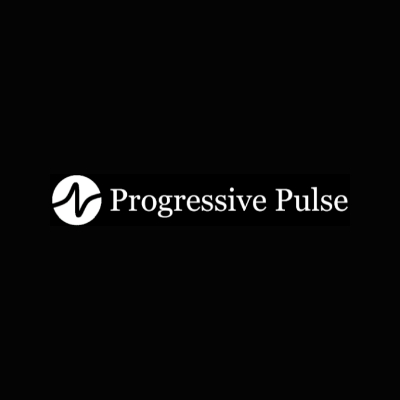U.S. Supreme Court will hear Colorado case over whether web designer can deny service to gay couples | The Pulse
- Bias Rating
50% Medium Conservative
- Reliability
N/AN/A
- Policy Leaning
92% Extremely Conservative
- Politician Portrayal
N/A
Extremely
Liberal
Very
Liberal
Moderately
Liberal
Somewhat Liberal
Center
Somewhat Conservative
Moderately
Conservative
Very
Conservative
Extremely
Conservative
-100%
Liberal
100%
Conservative

Continue For Free
Create your free account to see the in-depth bias analytics and more.
Continue
Continue
By creating an account, you agree to our Terms and Privacy Policy, and subscribe to email updates. Already a member: Log inBias Score Analysis
The A.I. bias rating includes policy and politician portrayal leanings based on the author’s tone found in the article using machine learning. Bias scores are on a scale of -100% to 100% with higher negative scores being more liberal and higher positive scores being more conservative, and 0% being neutral.
Sentiments
N/A
- Liberal
- Conservative
| Sentence | Sentiment | Bias |
|---|---|---|
| "It will specifically consider whether applying a public-accommodation law to compel an artist to speak or stay silent violates the free speech clause of the First Amendment." | Positive | 10% Conservative |
| "Smith wants a legal guarantee that she can turn down commissions from same-sex couples in the future, as she has not yet refused service." | Negative | -4% Liberal |
| "The U.S. Supreme Court agreed Tuesday to hear a Colorado case over whether the state's anti-discrimination law can compel a Christian graphic designer to create wedding websites for same-sex couples, even if doing so contradicts her religious viewpoint." | Negative | -8% Liberal |
Upgrade your account to obtain complete site access and more analytics below. | ||
Bias Meter
Extremely
Liberal
Very
Liberal
Moderately
Liberal
Somewhat Liberal
Center
Somewhat Conservative
Moderately
Conservative
Very
Conservative
Extremely
Conservative
-100%
Liberal
100%
Conservative

Contributing sentiments towards policy:
55% : It will specifically consider "whether applying a public-accommodation law to compel an artist to speak or stay silent violates the free speech clause of the First Amendment."48% : Smith wants a legal guarantee that she can turn down commissions from same-sex couples in the future, as she has not yet refused service.
46% : The U.S. Supreme Court agreed Tuesday to hear a Colorado case over whether the state's anti-discrimination law can compel a Christian graphic designer to create wedding websites for same-sex couples, even if doing so contradicts her religious viewpoint.
44% : "The U.S. Supreme Court has consistently held that anti-discrimination laws, like Colorado's, apply to all businesses selling goods and services," Colorado Attorney General Phil Weiser said in a statement.
43% : The dissenter from that ruling, Judge Timothy Tymkovich, called the Colorado anti-discrimination law an "Orwellian diktat" that relies on the subjective experience of customers.
42% :Lorie Smith is the owner of 303 Creative and wants to put a disclaimer on her website that she will not accept same-sex clients for wedding website commissions because of her Christian beliefs.
42% :This case is different than Masterpiece Cakeshop v. Colorado Civil Rights Commission, the 2018 matter in which a Lakewood baker was sued after refusing to make a wedding cake for a same-sex couple.
42% : In a statement, ADF said the Colorado anti-discrimination law "censors and coerces the speech of creative professionals whose religious beliefs do not conform to state orthodoxy," and it directly references the 2018 cake case.
38% : Now, the country's highest court will consider the question of whether the anti-discrimination law violates the free speech protection within the First Amendment.
38% : By forcing Smith to accept same-sex clients, Tymkovich wrote that the government would unfairly use its anti-discrimination public accommodation law to compel Smith to speak a "government-approved message against her religious beliefs.""No case has ever gone so far," he wrote.
36% : "Though I am loathe to reference Orwell, the majority's opinion endorses substantial government interference in matters of speech, religion, and conscience."
*Our bias meter rating uses data science including sentiment analysis, machine learning and our proprietary algorithm for determining biases in news articles. Bias scores are on a scale of -100% to 100% with higher negative scores being more liberal and higher positive scores being more conservative, and 0% being neutral. The rating is an independent analysis and is not affiliated nor sponsored by the news source or any other organization.



























 The Progressive Pulse Article Rating
The Progressive Pulse Article Rating